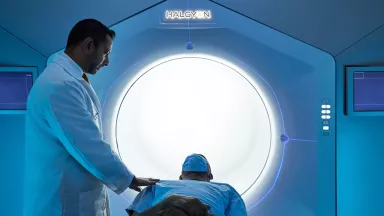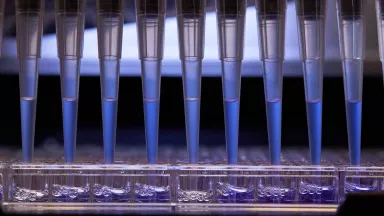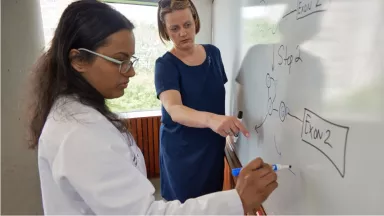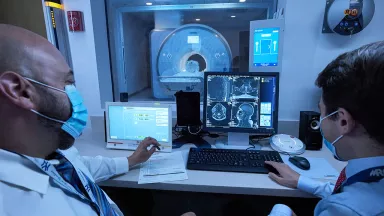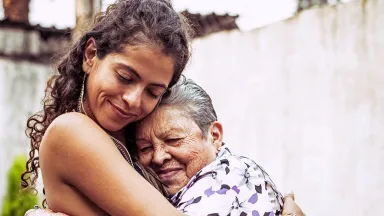Opportunities for Postdoctoral Fellows
Postdoctoral fellows can expand their knowledge and delve into comprehensive research opportunities in state-of-the-art laboratories at Montefiore Einstein Comprehensive Cancer Center.
Our world-renowned comprehensive cancer center was among the first National Cancer Institute (NCI) designated academic cancer research centers, a designation we’ve held continuously since 1972.
Access to Laboratory Research Programs
At Montefiore Einstein Comprehensive Cancer Center, research is a central, guiding principle of our work and improving the lives of cancer patients. We create an academic and professional environment that fosters basic, clinical, population and translational research. Through rigorous scientific excellence, our goal is to understand the mechanisms that drive the development of cancer and its progression and to innovate the most effective possible detection, prevention and treatment of the disease.
Our postdoctoral fellows can access a wide range of opportunities within our laboratory research programs.


